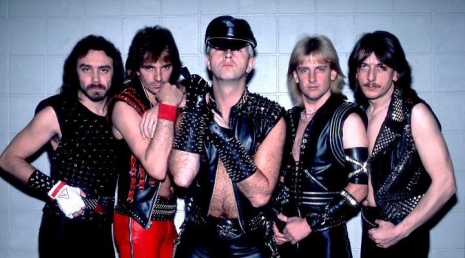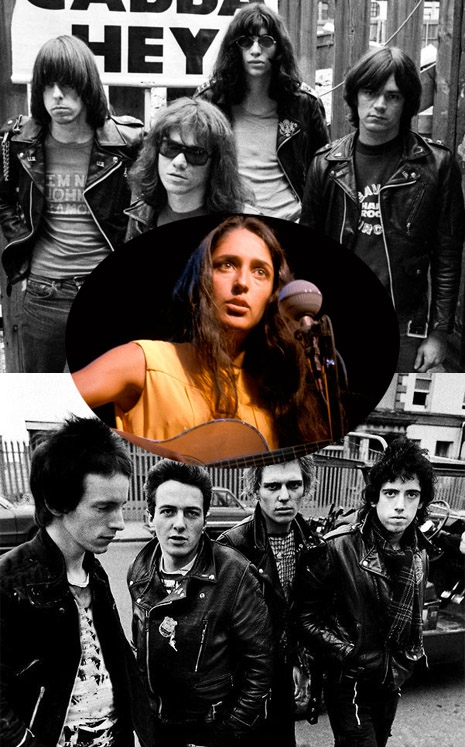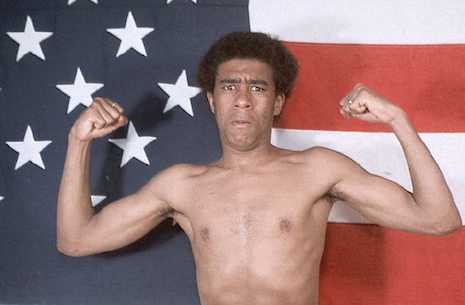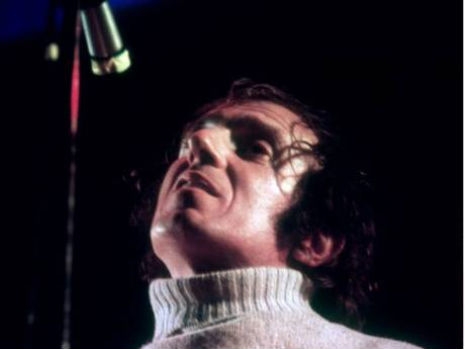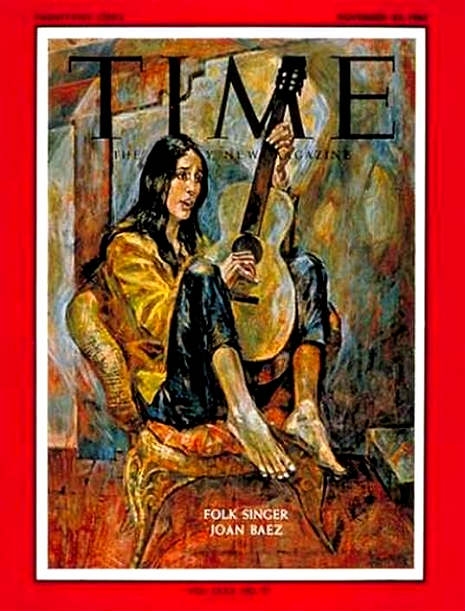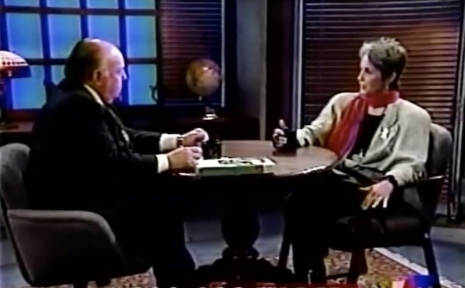
Fox News founder Roger Ailes died last week, thus escaping any future ramifications in this terrestrial realm stemming from his alledged proclivity for sexual harassment, a tendency attested to by many accusers, including Megyn Kelly, Gretchen Carlson, and Andrea Tantaros.
Ailes was forced to resign as president of Fox News last summer after news of the sexual harassment claims became national news. Just a month ago, it was reported that Fox News is on track to pay more than $85 million in settlements connected to the sexual harassment allegations involving Ailes and Bill O’Reilly and possibly others.
Ailes’ inappropriate libido aside, his death afforded many observers an opportunity to observe that more than almost anyone in the American landscape, Ailes had an enormous impact on American news and politics over the last 20 years, and almost all of it tilted the country in a partisan, shrill, and stupid direction.
If Mike Judge’s prescient movie Idiocracy ever had a spirit animal in real life, it’s Roger Ailes. Except that Ailes was no idiot, far from it: he was a certifiable genius when it came to manipulating dummies.
Before 1990, Ailes’ primary identity was that of a cunning if somewhat morally suspect media consultant for Republican candidates. Together with Lee Atwater, Ailes was credited with achieving the election of George H.W. Bush over Michael Dukakis in 1988, in a contest that featured no shortage of not-so-subtle race-baiting from the Republican side.
In 1996 Rupert Murdoch hired Ailes and asked him to helm the new right-wing news channel he was putting together. The result was Fox News and politics since then has been dominated by older white people under the hypnotic influence of a never-ending parade of charlatans and assholes such as Sean Hannity, Bill O’Reilly, and Steve Doocy, assisted by literally dozens and dozens of nearly interchangeable leggy blonde women. In Fox Land, every black man is about to commit vote fraud and/or violent uprising, every Muslim is a terrorist hell-bent on blowing up a local library in rural Nebraska, and every trans person with a full bladder is a crypto-pedophile. Roger Ailes invented that kind of TV news, and it’s no exaggeration to say that Ailes made it possible for Donald Trump to become president.
For that last fact alone, his name should be scorned in the annals of history until the end of time. May he rot in Hell.
Interestingly, right before Ailes landed at Fox News, there was a brief period where he was not actively being a scumbag and destroying the country. From 1994 to 1996 he was president of a news channel that had spun off from CNBC called America’s Talking, and Ailes himself had an hour-long interview show called Straight Forward in which he tried to pass himself off as a relatively normal person—conservative, sure, but not a fire-breathing troglodyte.
His bid to be a “normal” talk show host was convincing enough that he even had the arch-liberal folksinger Joan Baez on as a guest on Straight Forward for a charged yet basically pleasant couple of segments with a minimum of serious leftie-baiting. The program ran on December 15, 1994; Baez was there to publicize a 1993 CD collection called Rare, Live, and Classic. In the intro to the program, Ailes states that he is a big fan of Baez’ music and admires her even though he dislikes her positions—“like Ronald Reagan,” she stuck to her principles over the decades and he can respect that!
More after the jump…






